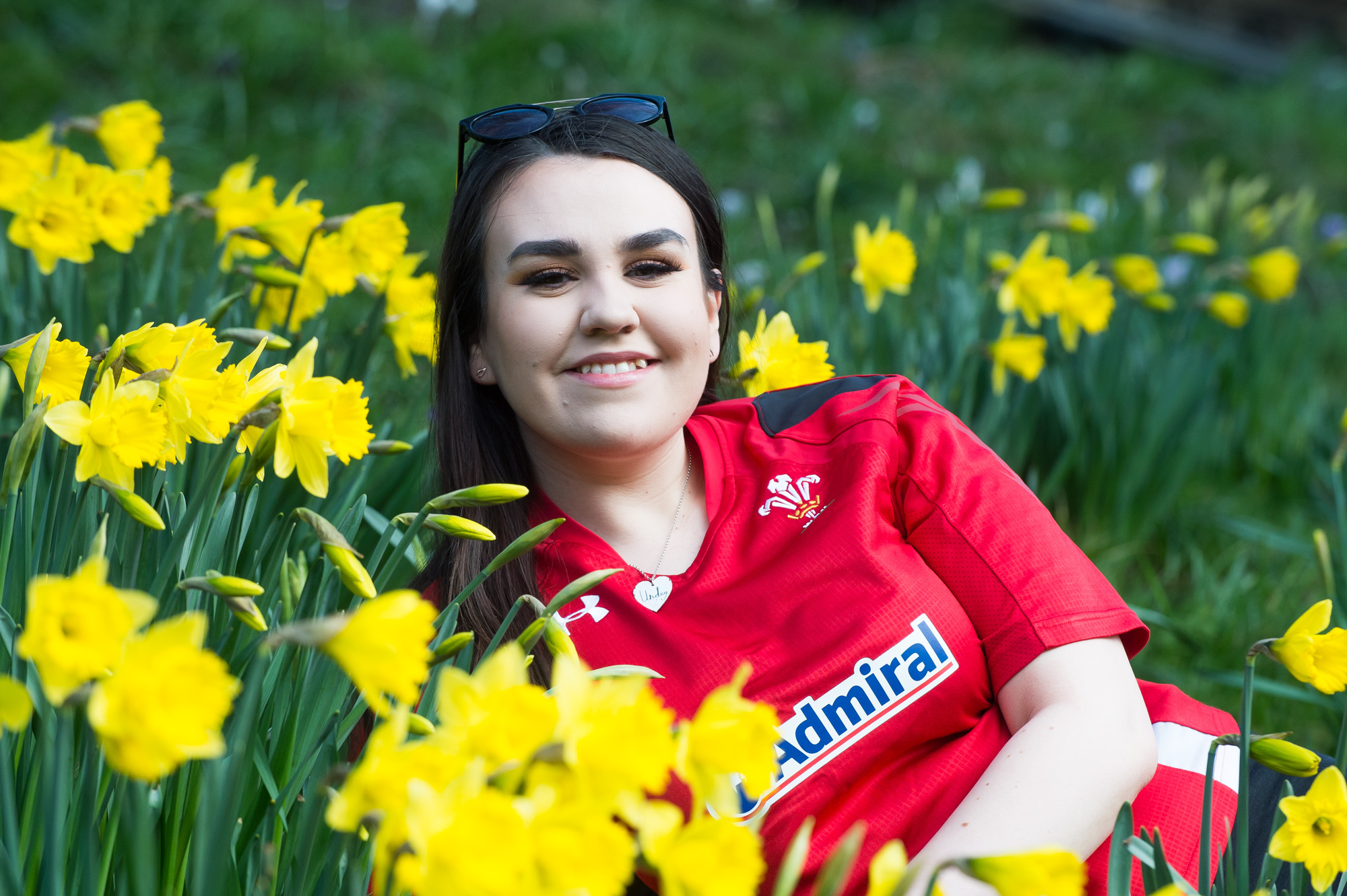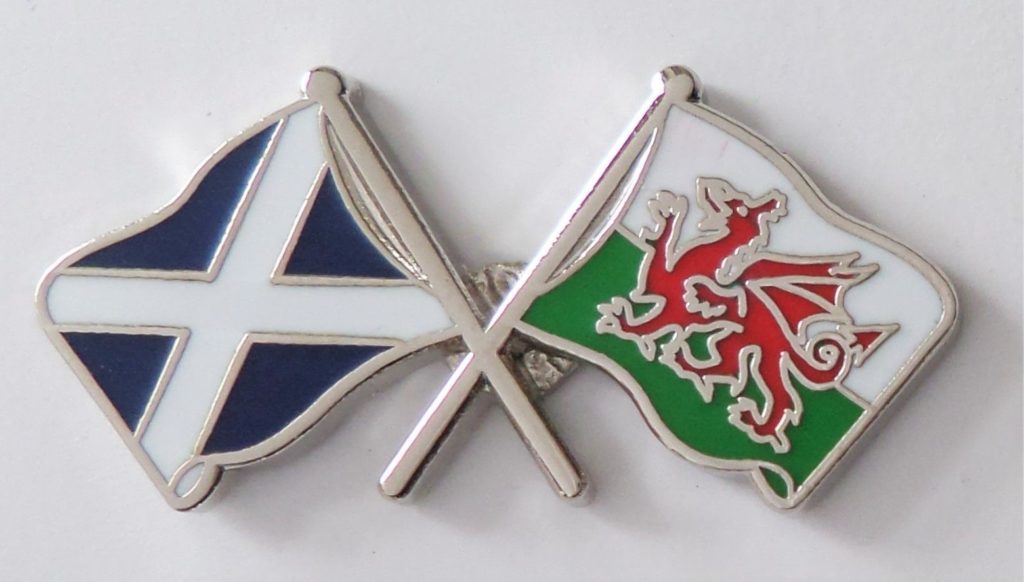
WHEN the red-shirted Welsh fans descend on Murrayfield for the rugby every other year, there has always been the suspicion that one or two might not make it back down the road.
But, far from just a few stragglers staying on, it seems Scotland is developing a distinct Welsh twang.
National Records of Scotland (NRS) last week revealed Welsh surnames like Jones, Evans and Davies are on the rise while age-old Scottish monikers – such as Campbell, Stewart and MacDonald – are on the wane.
Analysis suggests that while our nation’s population is becoming more diverse, it’s actually our Celtic cousins who are putting down more new roots than anyone else.
NRS researchers counted the occurrence of each surname in their registers of births, marriages and deaths.
Smith was still the most registered name in 2017 but, compared with 1985, the count has fallen 28% from 2706 to 1948.
Similar drops have afflicted the other top 90 surnames, including familiar favourites like Brown, Wilson, Robertson, Thomson and Scott.
But there were signs of growth…with a definite valleys lilt.
Jones was up 12%, from 315 to 353; Williams 8%, from 252 to 273; Davies 12%, from 152 to 171, and there were also rises for Evans, Edwards, Lewis, Griffiths, James, Owen and Watkins.
There were minor indications of an increasing English footprint with small lifts in names such as Wilkinson (86, up from 80) and Knight (65, up from 62).
And the growth of minority groups is evidenced by the popularity of Ali (154, up from 87), Khan (124, up from 37), Singh (111, up from 72) and Kaur (64, up from 40).
The one Scottish name on the rise is Gourlay (93, up from 88) though a few Irish monikers that have taken root in Scotland – McCluskey, Callaghan and McShane – are also prospering.
Jennifer Welsher, 71, secretary of the Edinburgh Welsh Society, is originally from Porthcawl, but moved north in 1977.

The retired university librarian said: “Wales and Scotland have much in common. Where I was from, a tight-knit working class community, there was a real drive among our parents for our generation to get on and be better educated. Scotland’s reputation for academic excellence attracted a lot of young Welsh people who wanted to experience somewhere different, yet still feel familiar with their surroundings.
“We are great exporters of preachers and teachers and religion and education are two areas that Scotland, too, has a long history in.
“Rugby union draws Wales and Scotland together as well. Growing up in south Wales, people played union while rugby league was like the work of the devil!
“Every other year, there is a huge influx of red shirts to watch Wales play at Murrayfield and the city is also a place where Welsh choirs often come on tour.
“There’s a fondness for Scotland and a feeling that this isn’t foreign territory. I have never experienced a problem with being a visibly proud Welsh person.”
Another possible factor in the boost in Scotland’s Welsh population in recent decades was BP’s relocation of an entire plastics manufacturing unit – including a large workforce – from Barry near Cardiff to Grangemouth, Stirlingshire, in 1984.
Cath Culfeather, 49 – whose father worked at the plant – was a teenager when her family relocated to Stirling, where she still lives. The learning assistant and mum of two, now married to a Scot, said: “I grew up hearing plenty of Welsh accents.
“Lots of people made the move because to stay behind would have meant redundancy.
“It’s in the little things in life where I find Scotland similar to home. For instance, we pronounce words like ‘loch’ properly because we have that same guttural sound in our language.”
Sara-Jane Burns – nee Watkins – met Scots husband Gregor while supporting opposing Six Nations rugby teams in a pub in her home town, Porthcawl.
The couple now run a fruit merchant business from Dollar, Clackmannanshire.
Sarah-Jane, 41, said: “It’s a home from home. It’s the same friendly people with the same attitude to work and life and there are hills and beaches close by too.
“When heavy industry began shutting down in south Wales, opportunities were still available in Scotland.
“So there are plenty of Welsh people round here, some came to Grangemouth with BP, some to Falkirk with First Group buses.”
Undeg Steffan, 22, president of the University of Edinburgh Welsh Society, said: “Scotland is a wonderful place and Edinburgh is a fantastic city.
“There are great universities in Wales, but I think its good to be able to go somewhere new and experience a new city.”
In 2015, a national DNA survey found a genetic similarity between many people from the Forth Valley and North Wales.
The distinctive marker gives credence to the ancient legend of Cunedda Wledig, who reputedly rode south from Clackmannanshire with his 12 sons and a band of followers in the 5th Century to expel the Irish from Gwynedd – and then stayed on to become the first king of Wales.

Enjoy the convenience of having The Sunday Post delivered as a digital ePaper straight to your smartphone, tablet or computer.
Subscribe for only £5.49 a month and enjoy all the benefits of the printed paper as a digital replica.
Subscribe